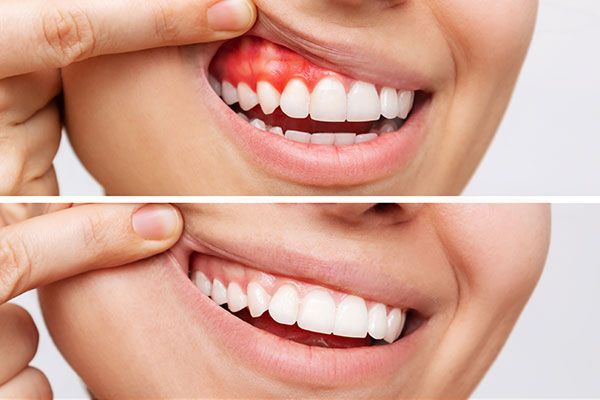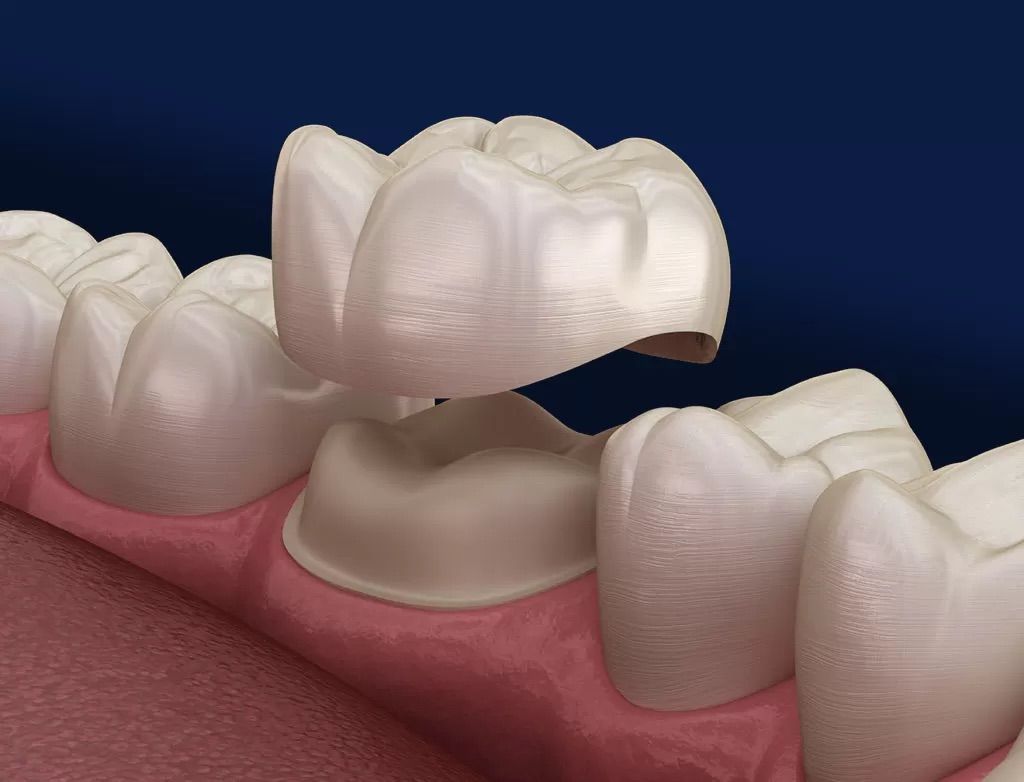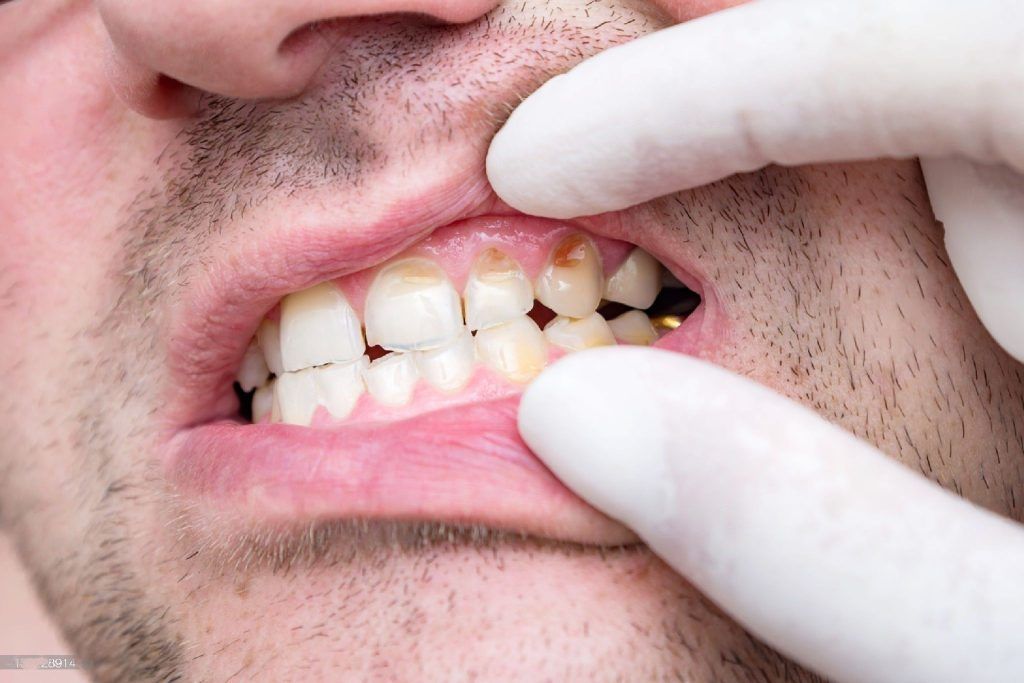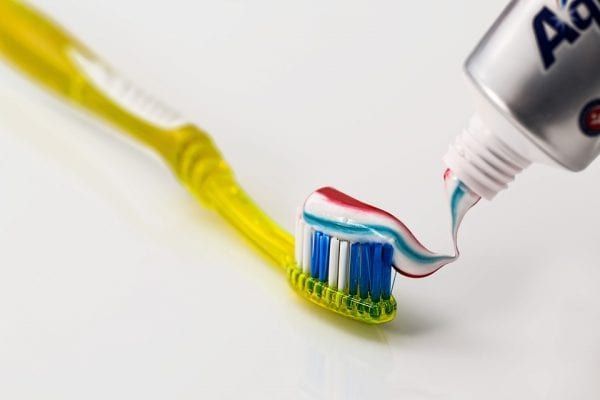Dental Implants vs Dentures
Choosing Between Dental Implants and Dentures
Best Family Dentistry in Longmont, CO
When it comes to replacing missing teeth, patients at Longmont Dental Care often ask whether dental implants or dental bridges are the better choice. Both options are popular, but understanding the differences between them is key to making an informed decision. Let’s explore the benefits of each and see which may be best for your oral health needs.
Dental Implants: A Long-Term Solution for Missing Teeth
Pros:
- Durability: Dental implants are designed to last a lifetime. Made from titanium, they fuse with your jawbone to create a strong, permanent foundation for replacement teeth. This makes implants a long-lasting alternative to traditional bridges.
- Natural Look and Feel: Implants mimic the look and function of natural teeth. Whether you’re chewing, smiling, or speaking, they offer stability and comfort without the risk of shifting.
- Supports Jaw Health: One of the major benefits of dental implants is their ability to prevent bone loss. When you lose a tooth, the surrounding bone can begin to deteriorate. Implants stimulate bone growth and maintain the structure of your jaw.
- Easy Maintenance: Caring for dental implants is simple. Just brush and floss like you would with your natural teeth. Regular visits to your family dentist in Longmont, CO will help ensure the longevity of your implants.
Cons:
- Cost: Implants typically come with a higher upfront cost, but their longevity can make them more cost-effective in the long run.
- Surgical Procedure: Getting a dental implant requires surgery to insert the implant into the jawbone. This may not be ideal for every patient, especially those with health conditions affecting bone density.
- Time-Consuming Process: The dental implant procedure often takes several months, from the initial surgery to the final crown placement, due to the healing time required for the bone to integrate with the implant.
Dental Bridges: A Quick and Non-Surgical Option
Pros:
- Quicker Solution: Dental bridges are typically completed in just a few dental visits. This makes them a faster solution for replacing missing teeth compared to the lengthy process of dental implants.
- No Surgery Required: For patients who may not be eligible for surgery or prefer to avoid it, dental bridges offer a non-invasive alternative.
- Lower Initial Cost: Bridges are generally less expensive upfront than implants, making them a more budget-friendly option.
- Restores Function and Aesthetics: Bridges fill the gap left by a missing tooth, restoring both function and appearance. They are customized to match your natural teeth, blending seamlessly with your smile.
Cons:
- Shorter Lifespan: While dental bridges can last many years with proper care, they typically do not last as long as implants. On average, a bridge may need to be replaced after 10-15 years.
- Impact on Neighboring Teeth: Bridges rely on adjacent teeth for support. These teeth need to be reshaped and fitted with crowns to anchor the bridge, which can affect their long-term health.
- Jawbone Loss: Unlike implants, bridges do not address bone loss in the jaw. Over time, this can lead to changes in the structure of your face and the fit of your restoration.
Which is Right for You?
At Longmont Dental Care, we understand that choosing between dental implants and bridges depends on your unique dental needs, overall health, and budget. We offer personalized consultations to help you decide the best option for restoring your smile. Whether you’re interested in dental implants in Longmont, CO or want to explore dental bridges in Longmont, CO, our team is here to guide you every step of the way.
Schedule your consultation today to learn more about your options for a healthy, beautiful smile!
640 Terry St, Longmont, CO 80501










